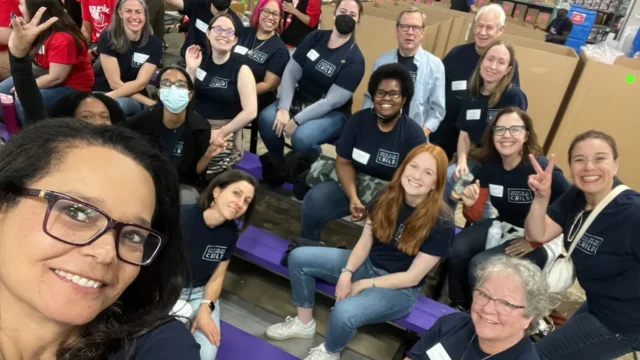About Us

Founded in 2006, the Center has a rich history of bridging the gap between science, policy, and practice. A wide range of stakeholders have drawn on our content to identify science-based opportunities to strengthen policies and practices in support of children and caregivers in the US and around the world. The desire to see all children thrive grounds our theory of change, along with the belief that science can and should be deployed as an important tool in service of that goal. In particular, we aim to support science-based strategies and solutions aimed at improving environmental conditions where the opportunity for impact is greatest, including many communities where longstanding racist policies and a history of disinvestment have had disproportionate impacts on children of color and children living in poverty.


